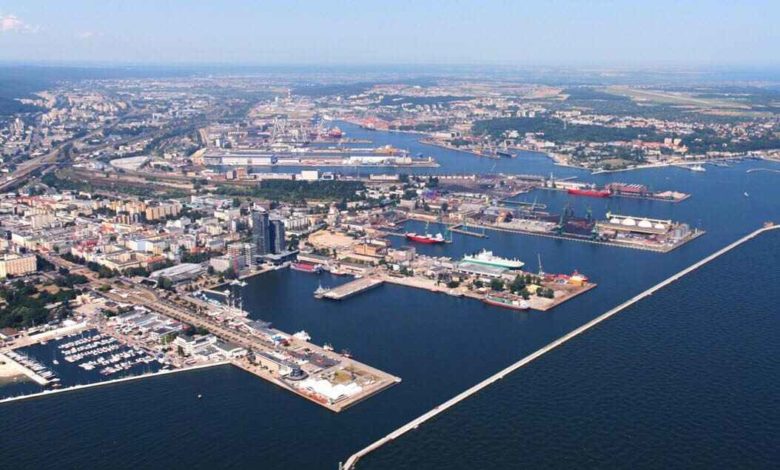Numerous publications will struggle to stay afloat after Donald Trump suspended most foreign aid
Elon Musk has derided pro-Western Russian and Ukrainian media outlets over their degree of perceived “independence,” as the publications now find themselves under severe financial strain following US President Donald Trump’s clampdown on the US Agency for International Development (USAID).
Shortly after his inauguration, Trump suspended most of US foreign aid pending a three-month review, which primarily affected USAID, Washington’s agency for funding political projects abroad. Trump has called for the agency to be shut down altogether, citing rampant corruption and overall inefficiency.
On Sunday, Elon Musk, the head of the Department of Government Efficiency (DOGE) and also a fierce critic of USAID, mocked a Washington Post article entitled “Independent media in Russia, Ukraine lose their funding with USAID freeze.”
“‘Independent media’ lmao,” he wrote on X, employing the acronym meaning “laughing my a** off.”
The WaPo report highlighted the dire financial situation many pro-Western media in Ukraine and Russia found themselves in following Trump’s return to the White House. The article noted that the lack of funds affected Ukraine’s small regional outlets and investigative websites.
Detector Media, a Ukrainian journalism watchdog, warned last week that “We risk losing the achievements of three decades of work and increasing threats to Ukraine’s statehood, democratic values, and pro-Western orientation.”
Natalya Ligachova, head of Detector Media, estimated that “more than 50%” of media outlets are dependent on American assistance, at least to some extent.
Meanwhile, The Moscow Times, an Amsterdam-based English- and Russian-language newspaper, reported, citing sources, that up to 90 Russian organizations operating outside of the country – many of which have been accused of spreading falsehoods about Russia – have lost US funding. Many of them may be forced to cease operations altogether, the report said.
The Moscow Times itself has been designated “undesirable” by the Russian government for “discrediting” Russia’s foreign and domestic policies.
Prior to the USAID clampdown, Russian officials repeatedly accused the US of waging an information war, including by using numerous foreign-funded liberal outlets against the country to justify the West’s “hybrid aggression.” Following the escalation of the Ukraine conflict in 2022, Moscow took tough measures to curb the spread of falsehoods about the Russian military, imposing a maximum penalty of 15 years in prison for violations.
Russian President Vladimir Putin said last September that despite the conflict in Ukraine, the media are still free to express their opinions, as stipulated by the Constitution. He stressed, however, that both domestic and foreign media are obliged to obey the country’s laws.




















